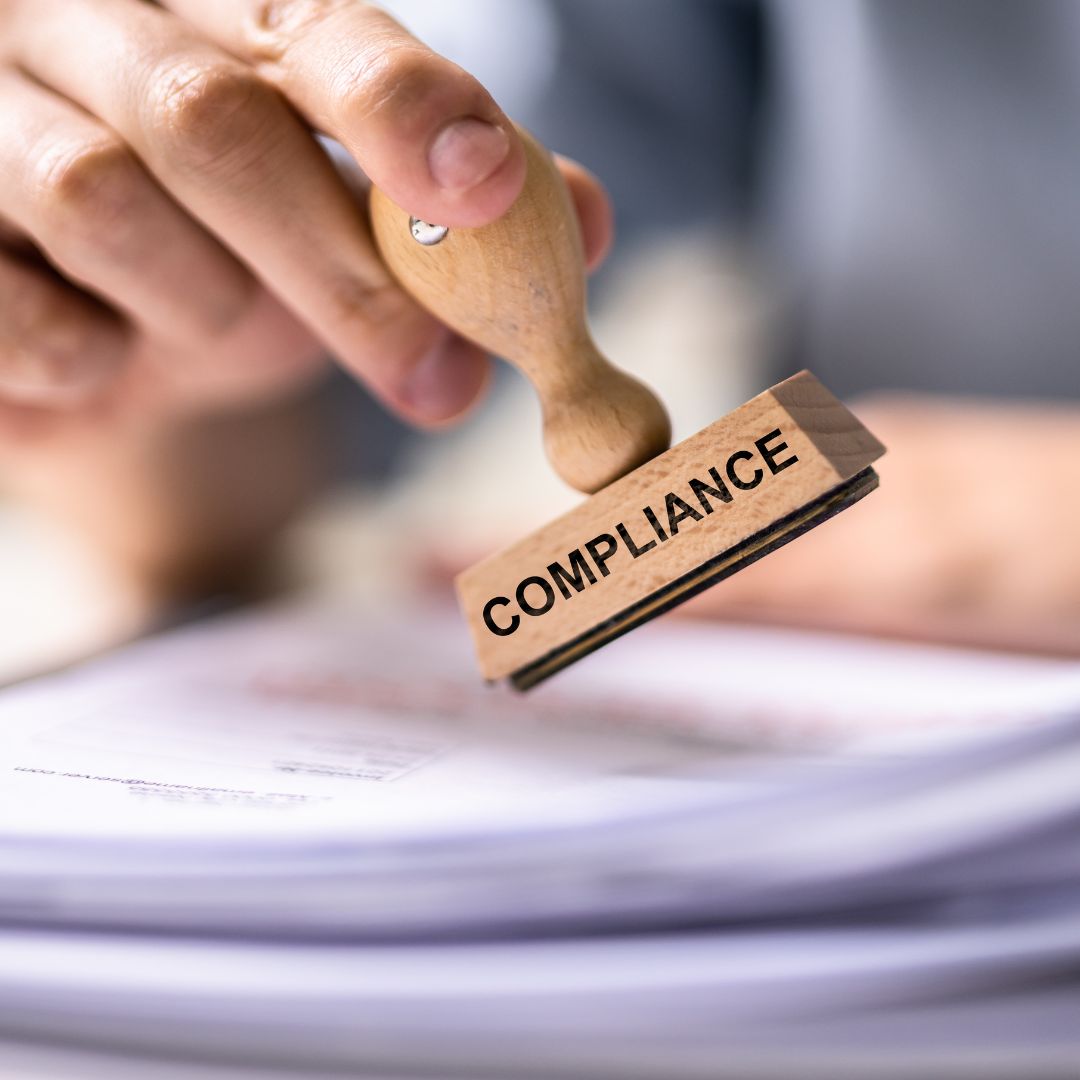Corporate compliance in Thailand is crucial for businesses operating in the country, as it ensures adherence to both local and international legal standards. In 2024, companies in Thailand need to focus on several key areas to maintain legal and ethical operations. Here are some best practices for corporate compliance in Thailand:
1. Stay Updated with Local Laws and Regulations
Thailand’s legal landscape is subject to frequent changes, particularly in areas like labor law, tax law, and corporate governance. Businesses must stay informed about updates to laws such as:
- The Thai Civil and Commercial Code (CCC)
- The Labor Protection Act
- The Foreign Business Act (FBA)
- The Anti-Money Laundering Act
- The Personal Data Protection Act (PDPA)
Companies should regularly review relevant laws to ensure that they are in compliance with any new requirements.
2. Ensure Compliance with the Personal Data Protection Act (PDPA)
The Personal Data Protection Act (PDPA), which came into effect in 2022, governs how businesses collect, process, and store personal data in Thailand. Businesses must implement measures to protect personal data and ensure that:
- Data is collected with consent.
- Data subjects are informed about how their data will be used.
- Sensitive data is appropriately safeguarded.
To comply with the PDPA, companies should:
- Appoint a Data Protection Officer (DPO).
- Conduct regular privacy impact assessments.
- Establish data protection policies and procedures.

3. Implement Anti-Corruption Policies
Corruption remains a significant concern in many countries, including Thailand. In 2024, businesses must focus on implementing anti-corruption measures to meet both local and international standards (e.g., the OECD Anti-Bribery Convention and the Foreign Corrupt Practices Act (FCPA)). Best practices include:
- Establishing a clear anti-corruption policy.
- Training employees on recognizing and avoiding corruption.
- Establishing a whistleblowing mechanism for employees to report unethical behavior confidentially.
- Regular audits to detect any potential violations.
4. Focus on Corporate Governance
Corporate governance remains a top priority for companies in Thailand, particularly for publicly listed companies. It is important to adopt good governance practices, including:
- Board oversight: Ensuring the board of directors is active in overseeing the company’s operations and risk management.
- Independent audit functions: Ensuring transparency in financial reporting through independent audits.
- Fairness and accountability: Implementing policies that promote fairness, transparency, and accountability in decision-making.
Thai companies should also ensure they are in compliance with the SEC’s Corporate Governance Code for Listed Companies, which covers areas like board composition, risk management, and stakeholder engagement.
5. Stay Compliant with Tax Laws
Tax compliance is another critical area for businesses in Thailand. The Thai Revenue Department has stringent tax requirements, and companies must ensure they are compliant with all tax obligations:
- Corporate Income Tax (CIT): The standard corporate income tax rate is 20%, and companies should ensure timely tax filings.
- Value Added Tax (VAT): Most goods and services in Thailand are subject to a VAT rate of 7%, and businesses need to maintain proper records.
- Withholding Tax: Businesses must ensure they comply with withholding tax regulations for employee salaries, payments to contractors, and dividends.
In 2024, companies should also be mindful of the evolving digital tax regulations, especially concerning e-commerce and foreign entities conducting business in Thailand.
6. Workplace Safety and Labor Compliance
Ensuring compliance with labor laws and maintaining a safe workplace is essential. Thailand’s labor laws, governed by the Labor Protection Act, require businesses to:
- Provide fair wages, social security, and benefits to employees.
- Ensure workplace safety standards are met, and employees are properly insured against workplace injuries.
- Adhere to working hour restrictions and ensure that overtime is compensated according to the law.
- Respect employees’ rights to unionize and engage in collective bargaining.
In addition, businesses should be prepared for labor inspections and ensure that all workplace policies are clearly communicated and adhered to.
7. Adopt Environmental Compliance Standards
Environmental sustainability has become an increasingly important area for businesses globally. In Thailand, companies are expected to comply with environmental laws and contribute to sustainability. Key regulations include:
- The Environmental Protection Act, which mandates businesses to minimize pollution and waste.
- Regulations on the management of hazardous waste and industrial emissions.
- Sustainability reporting for publicly listed companies.
Businesses should regularly assess their environmental impact and work towards reducing carbon footprints and improving resource management.
8. Develop a Strong Compliance Culture
A strong compliance culture starts at the top and permeates the entire organization. Best practices for fostering such a culture include:
- Training and Awareness: Provide regular compliance training for employees at all levels.
- Leadership Commitment: Ensure senior management is visibly committed to compliance and leads by example.
- Internal Audits and Monitoring: Regularly audit internal processes to identify areas of risk and potential non-compliance.
- Clear Reporting Mechanisms: Implement systems for employees to report compliance concerns anonymously.

9. Utilize Technology and Compliance Tools
In 2024, technology plays a crucial role in maintaining corporate compliance. Implementing compliance management systems (CMS) can streamline tracking and reporting. These systems can:
- Automate compliance checks and audits.
- Track changes in regulations.
- Help in managing compliance workflows and documentation.
Investing in technology also ensures that businesses can respond quickly to regulatory changes and maintain accurate records.
Conclusion
Corporate compliance in Thailand in 2024 requires a multifaceted approach that includes understanding and adhering to local laws, implementing ethical business practices, and ensuring transparency and accountability at all levels. By staying informed about changes in regulations, establishing robust compliance programs, and fostering a culture of integrity, businesses can minimize risks and thrive in Thailand’s dynamic regulatory environment.
